ICSE 2021 Keynote's speakers and abstracts
Darío Gil
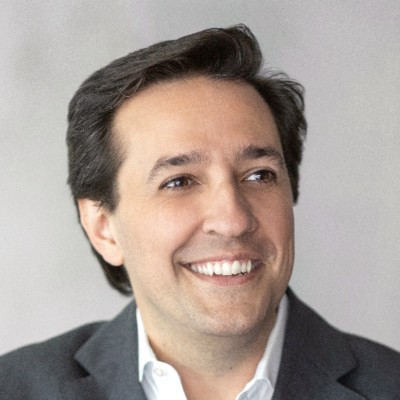
Tuesday May 25 14:00 CEST
What’s next in software. Where will software go in the next few years? How will it be written and consumed? How is software enabling new paradigms of computation? These are some of the questions we will explore as we discuss how we are pushing the frontiers of software.
We have witnessed in recent years the power of AI applied to human language. Project Debater is the most recent example of how far AI has come to learn and reason in human language. Powerful AI models are now emerging that enable AI to create in new domains like software engineering. Just as words are the language of humans, code is the language of machines, and we are building AI that helps us master code. Imagine a future where computers program computers; and by learning, reasoning, and generating new code, AI can streamline and automate time-consuming and tedious manual IT processes, freeing up software engineers time to unleash their creativity. We will discuss the underlying techniques enabling this future. We will see the transformative impact of AI for code, from modernizing legacy applications to intelligently managing them. Furthermore, we will see how we can ensure trust, security, and compliance in the use of AI models.
Finally, a new paradigm of computation combining physics and information—quantum computing—is emerging capable of solving problems intractable to conventional computers. The utility of a quantum computer is determined by its ability to run computationally hard quantum circuits leading to advantages in the solution of science and business problems. Software development is key to realizing this utility and extracting the benefits of quantum computing. We will discuss how software engineering is leading to a higher capacity of running circuits by speeding up the execution rate, and how it allows a wider variety of circuits to be run more efficiently to enable more applications.
Dr. Darío Gil is Senior Vice President and Director of IBM Research.
As a technology and business leader, Dr. Gil is responsible for IBM Research, one of the world’s largest and most influential corporate research labs, with over 3,000 researchers. He is the 12th Director in its 76-year history. Dr. Gil leads the technology roadmap and the technical community of IBM, directing innovation strategies in areas including hybrid cloud, AI, quantum computing, and exploratory science. He is also responsible for IBM’s intellectual property strategy and business..
Dr. Gil is a globally recognized leader of the quantum computing industry. Under his leadership, IBM was the first company in the world to build programmable quantum computers and make them universally available through the cloud.
An advocate of collaborative research models, Dr. Gil co-chairs the MIT-IBM Watson AI Lab, which advances fundamental AI research to the broad benefit of industry and society. He also co-chairs the COVID-19 High-Performance Computing Consortium, which provides access to the world’s most powerful high-performance computing resources in support of COVID-19 research.
Dr. Gil is a member of the National Science Board, the governing body of the National Science Foundation (NSF), a member of the Board of Governors of the New York Academy of Sciences, and a trustee of the New York Hall of Science.
Dr. Gil received his Ph.D. in Electrical Engineering and Computer Science from MIT.
Prem Devanbu
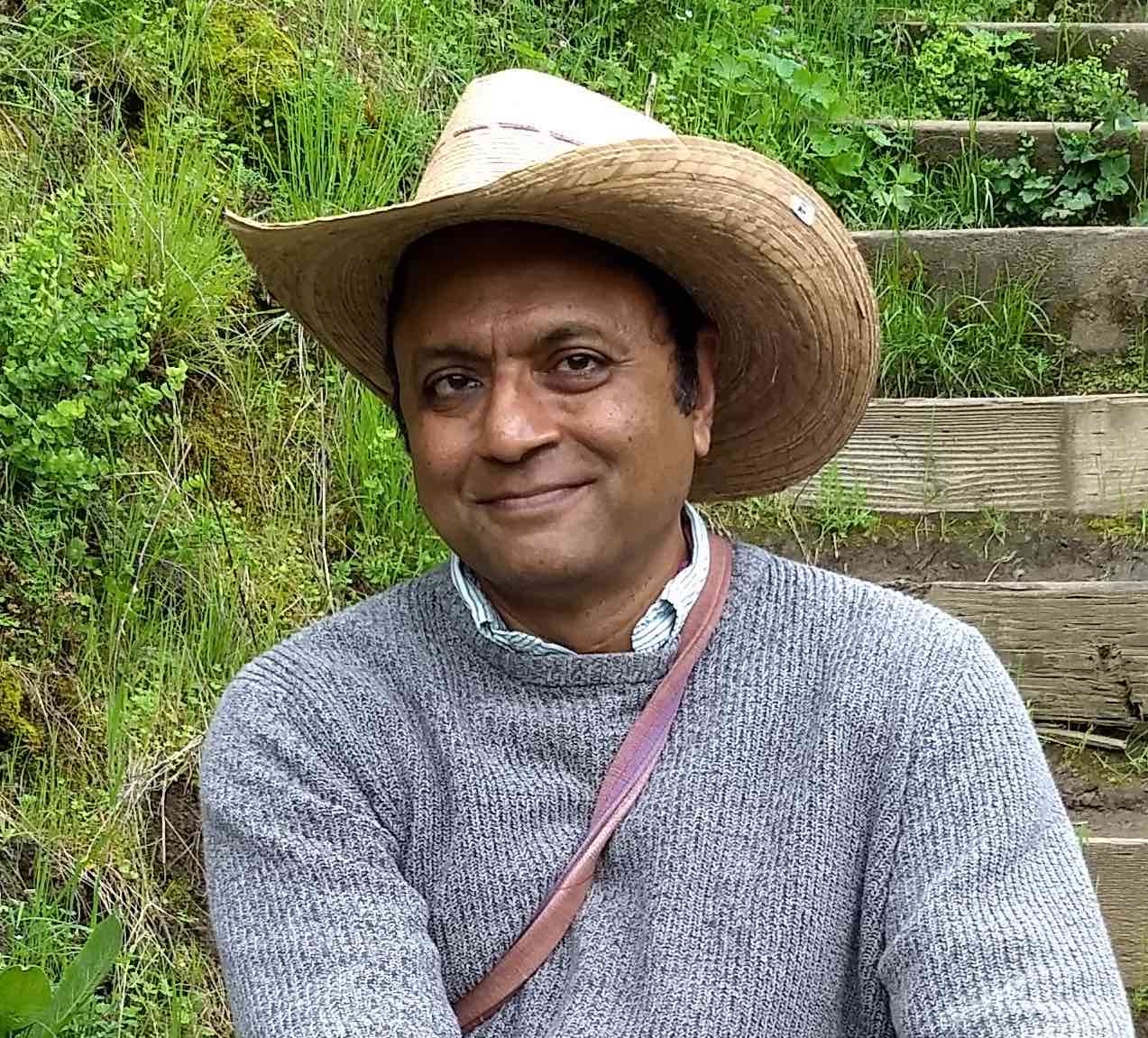
Tuesday May 25 18:00 CEST
Naturalness and Bimodality of Code: A Research Overview. While natural languages are rich in vocabulary and grammatical flexibility, most human are mundane and repetitive. This repetitiveness in natural language has led to great advances in statistical NLP methods.
At UC Davis, we discovered (a decade ago) that, despite the considerable power and flexibility of programming languages, large software corpora are actually even more repetitive than NL Corpora. We went on to show that this “naturalness” of code could be captured in statistical models, and exploited within software tools. This line of work enjoyed a tremendous boost from the high-capacity and flexibility of deep learning models. Numerous other creative and interesting applications of naturalness have ensued, from colleagues around the world. More recently, we have focused on another property of software: it is bimodal. Software is written not only to be run on machines, but also read by humans; this makes it amenable to both formal analysis, and statistical prediction. Bimodality allows new ways of training machine learning models, new ways of designing analysis algorithms, and new ways to understand the practice of programming. In this talk, I will present an overview of “Naturalness” studies, and the promise of bimodality.
Prem Devanbu received his B.Tech from IIT Madras, and a Ph.D from Rutgers University under Alex Borgida. After working in Industrial software development at Bell Laboratories and offshots in New Jersey, he joined UC Davis where he conducts teaching & research software engineering. He has won several awards for his work, including multiple best paper awards, distinguished paper awards, most influential paper awards, and test-of-time awards. Three of his papers were invited to appear in CACM Research Highlights. He served as PC Chair of ESEC/FSE 2006 and ICSE 2010, and also as GC of MSR 2014 and ESEC/FSE 2020. He has served on the Editorial boards of ACM TOSEM, IEEE ToSE, the JSME, and the EMSE Journal; he serves currently on the CACM Editorial Board. He is an ACM Fellow. He even has his own web page.
Michael Lyu
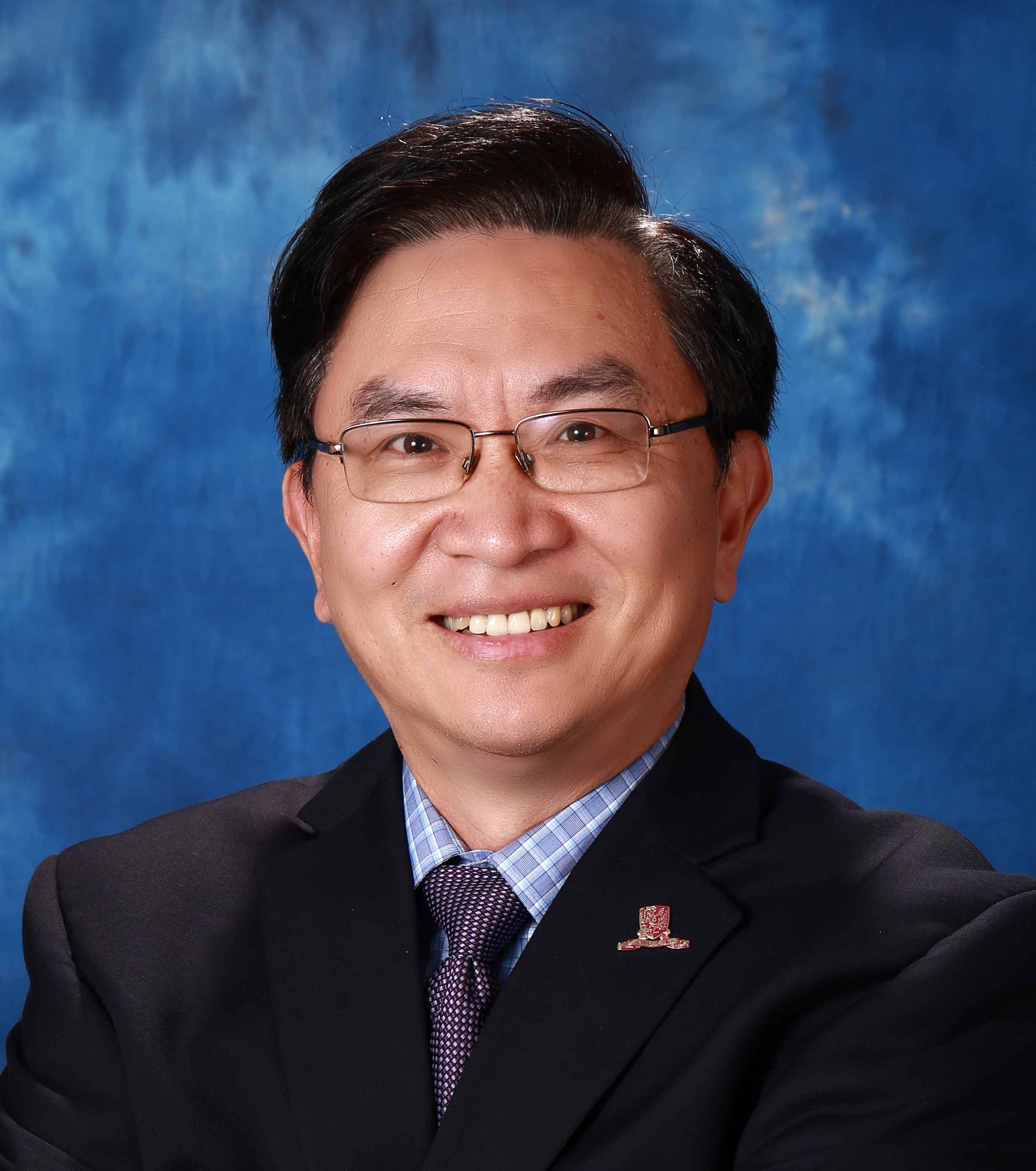
Wednesday May 26 10:00 CEST
Reliability-Driven AIOps for Cloud Resilience. Cloud computing platforms have recently become the main host of many IT enterprises to deploy their applications and services, such as search engine, instant messaging apps, and online shopping. As cloud systems continue to grow in terms of complexity and volume, cloud failures become inevitable, which further lead to service interruptions and performance degradation. Whether cloud failures can be properly managed will greatly affect company revenue and customer trust. Consequently, resilient cloud operations are of paramount importance to cloud vendors. However, as cloud systems are actively undergoing continuous feature upgrade and system evolution, the statistical properties of system monitoring data may change from time to time. Furthermore, there is currently a lack of means to incorporating human expert knowledge into the training of cloud data-analytics models. When diagnosing failures for large-scale systems, such knowledge is essential.In this talk, we identify several critical challenges commonly seen in industrial cloud systems, and provide a general roadmap from fault prevention and fault removal techniques toward resilient cloud operations. We propose to develop a reliability-driven AIOps (Artificial Intelligence for IT Operations) framework to achieving resilient cloud systems. Our goal is to improve the reliability of cloud systems and services comprehensively with AI-based data analytics, where data are collected from multiple sources of heterogeneous information such as logs, traces, and KPIs, and properly labeled with cloud domain expert’s knowledge. Particularly, the framework consists of an end-to-end pipeline of software reliability engineering, including anomaly detection, failure diagnosis, and fault localization. Anomalies are events or observations that deviate significantly from a system's normal behaviors. When anomalies become severe and hinder the system from fulfilling a required function, failures occur, which often manifest themselves with human-perceivable symptoms. Failure diagnosis attempts to find the most significant problems directly induced by the failures. To achieve this objective, we explore data-driven approaches to pursue an efficient failure diagnosis from multiple perspectives of cloud systems. We investigate on what failures are caused by the anomalies underneath, which is generally indicated by a sudden increase or drop of KPIs. For example, the KPI "packet number" monitoring the cloud network may abruptly decrease because of anomalies happening in some network services. This may point to a serious failure in the network. To this end, we design an incident aggregation procedure based on heterogeneous information fusion from incidents, topology, and fine-grained system monitoring data to identify the cascaded failures in a cloud system. Furthermore, we probe into human experts' activities to enhance the failure diagnosis procedures. Maintainers generally assign different importance of system performance to different KPIs in the cloud. To employ expert knowledge into the training of automated detection models, we introduce an adaptive failure diagnosis mechanism via human-in-the-loop, in which we systematically select informative samples for manual labeling and largely improve the performance of supervised learning algorithms. With this method, we could train a more accurate model from both historical data and human knowledge. More specifically, cloud maintainers could interact with a serving model with minimal efforts. When false alarms and misses happen, the model can adaptively learn from them with the help of the human interaction. As a result, the model could be more accurate over time by systematically accumulating the human knowledge. Finally, we explore fault localization approaches to cluster microservice in the cloud based on logs and KPIs. We employ a PC algorithm for microservice dependency construction, and formulate a probabilistic matrix factorization algorithm for root cause recommendation. Various analytical models associated with the proposed reliability-driven AIOps framework are constructed, experimentations on real cloud data are conducted, and effectiveness of our proposed software reliability engineering techniques are demonstrated.
Prof. Michael R. Lyu is currently Choh-Ming Li Professor of the Computer Science and Engineering department in The Chinese University of Hong Kong. Prof. Lyu’s research interests include software engineering, software reliability, distributed systems, cloud computing, and machine learning. He has published over 600 refereed journal and conference papers in his research areas. Prof. Lyu initiated the first International Symposium on Software Reliability Engineering (ISSRE) in 1990. He was an Associate Editor of IEEE Transactions on Reliability, IEEE Transactions on Knowledge and Data Engineering, IEEE Transactions on Services Computing, and Journal of Information Science and Engineering. He is currently on the editorial board of IEEE Access, Wiley Software Testing, Verification and Reliability Journal (STVR) , and ACM Transactions on Software Engineering Methodology (TOSEM). Prof. Lyu was elected to IEEE Fellow, AAAS Fellow, ACM Fellow, and named IEEE Reliability Society Engineer of the Year. He was granted with China Computer Federation (CCF) Overseas Outstanding Contributions Award in 2018, and the 13th Guanghua Engineering Science and Technology Award in 2020. He was also named in The AI 2000 Most Influential Scholars Annual List with three appearances in 2020.
Prof. Lyu received his B.S. in Electrical Engineering from National Taiwan University, his M.S. in Computer Science from University of California, Santa Barbara, and his Ph.D. in Computer Science from University of California, Los Angeles.
Elaine Weyuker
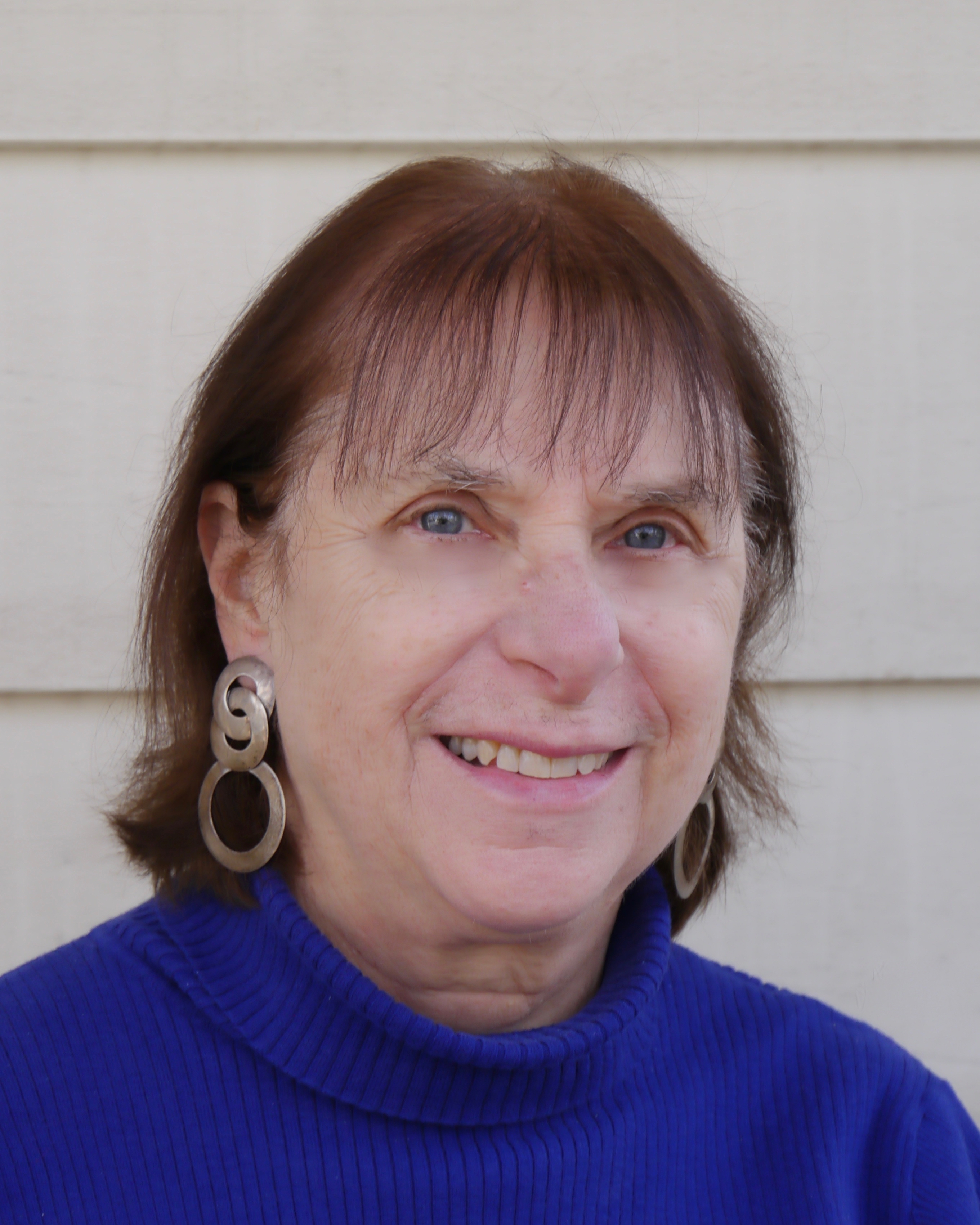
Wednesday May 26 18:00 CEST
The View From 40 Years in the Research Trenches - From Academia to Industry and Back Again I began my career in computing as a newly graduated math major, My first post-college job was as a programmer although I'd never programmed or even seen a computer. I spent the first 3 weeks in the trenches reading a manual and learning to program and then I was unleashed on the world. After 9 months programming, I started graduate school in an Electrical Engineering Master's program, focusing on Computer Science, having never taken either an Engineering or a Computer Science course. What was I thinking?Armed with my Master's degree, the next rung on my ladder was another industrial position, this time as a System Engineer. That lasted a year before I accepted a position in a teaching college as the sole professor of Computer Science within a general Engineering program. During my 6 years there I taught everything from Switching Theory to Mathematical Logic, beginning programming, Compilers, Operating Systems, Operations Research, and perhaps a dozen other courses. At this point it was time to go back to graduate school, get a PhD in Computer Science, and climb up a few more rungs at a research university. I spent the next 16 years as a professor at NYU doing research in software testing, reliability, metrics and other areas of Software Engineering, although my dissertation and training were largely theoretical. While I was quite successful, publishing many papers, receiving lots of research grants and some awards, and loved teaching, I also did a fair amount of industrial consulting since I was always interested in how my ideas might impact the real world. While I had had a number of unsolicited offers to move to industry, I always thought of myself first and foremost as an academic until someone at Bell Labs convinced me to try it during a sabbatical leave. Although I got much closer to industrial practice there, I still was viewed as an outsider who gave advice, rather than an integral part of the team. After returning to NYU, I was eventually convinced to take an unpaid leave and try working for the Labs full-time as a regular member of the Technical Staff in Research. I wound up spending the next 19 years at AT&T Bell Labs and then AT&T Labs - Research as a full-time researcher who generally partnered with development projects. In 2012, AT&T was shutting down Research and I left and resumed a non-conventional academic career.
In this talk I will discuss how my different types of positions: working in industrial computing, at a teaching college, at a research university and in industrial research have informed my ideas about good Software Engineering research, and proper Software Engineering education.
Elaine Weyuker is a (part-time) University Distinguished Professor, College of Engineering and Computer Science, University of Central Florida. Until the end of 2020 she was also a Part Time Visiting Professor at Mälardalen University in Västerås, Sweden. At both universities she mentors junior faculty, PhD students and post-docs, collaborates faculty, and interacts with local industrial partners. She continues to live in the US. Previously, Elaine was a Fellow and Distinguished Member of the Technical Staff at AT&T Labs and Bell Labs, a Professor of Computer Science at the Courant Institute of Mathematical Sciences of New York University, a Lecturer at the City University of New York, a Systems Engineer at IBM, and a programmer at Texaco, as well as having served as a consultant for several large international companies.
Her research expertise includes techniques and tools to improve the quality of software systems through systematic validation activities, including the development of testing, assessment and software fault prediction models. Prior to that, Elaine did research in Theory of Computation and is the co-author of a book "Computability, Complexity, and Languages". She has authored many technical papers in these fields.
Professor Weyuker is a member of the US National Academy of Engineering, an IEEE Fellow, and an ACM Fellow and has received numerous awards including IEEE's Harlan Mills Award for outstanding software engineering research, and the ACM/SIGSOFT Outstanding Research Award.
She was the recipient of the 2011 US President's Volunteer Service Award, the 2010 ACM President's Award, the ACM SIGSOFT Retrospective Impact Paper Award in 2009, the 2008 Anita Borg Institute Technical Leadership Award, Rutgers University 50th Anniversary Outstanding Alumni Award, and the AT&T Chairman's Diversity Award as well has having been named a Woman of Achievement by the YWCA.
She was the chair of the ACM Women's Council (ACM-W) from 2004 - 2012 and continues her active participation in ACM-W. She has also been a member of the Executive Committee of the Coalition to Diversify Computing, has served on many National Academy panels, was a board member of the Computing Research Association, a member of the ACM Council, a member of the ACM/SIGSOFT Executive Board, as well as being an editor of several technical journals.
She received a BA degree in Mathematics from Harpur College, State University of New York at Binghamton, a Masters of Science in Engineering from the University of Pennsylvania, and a Ph.D. degree from Rutgers University. Professor Weyuker is a firm believer in the transformational power of education and the critical (pivotal) role that public institutions play.
Jeannette Wing
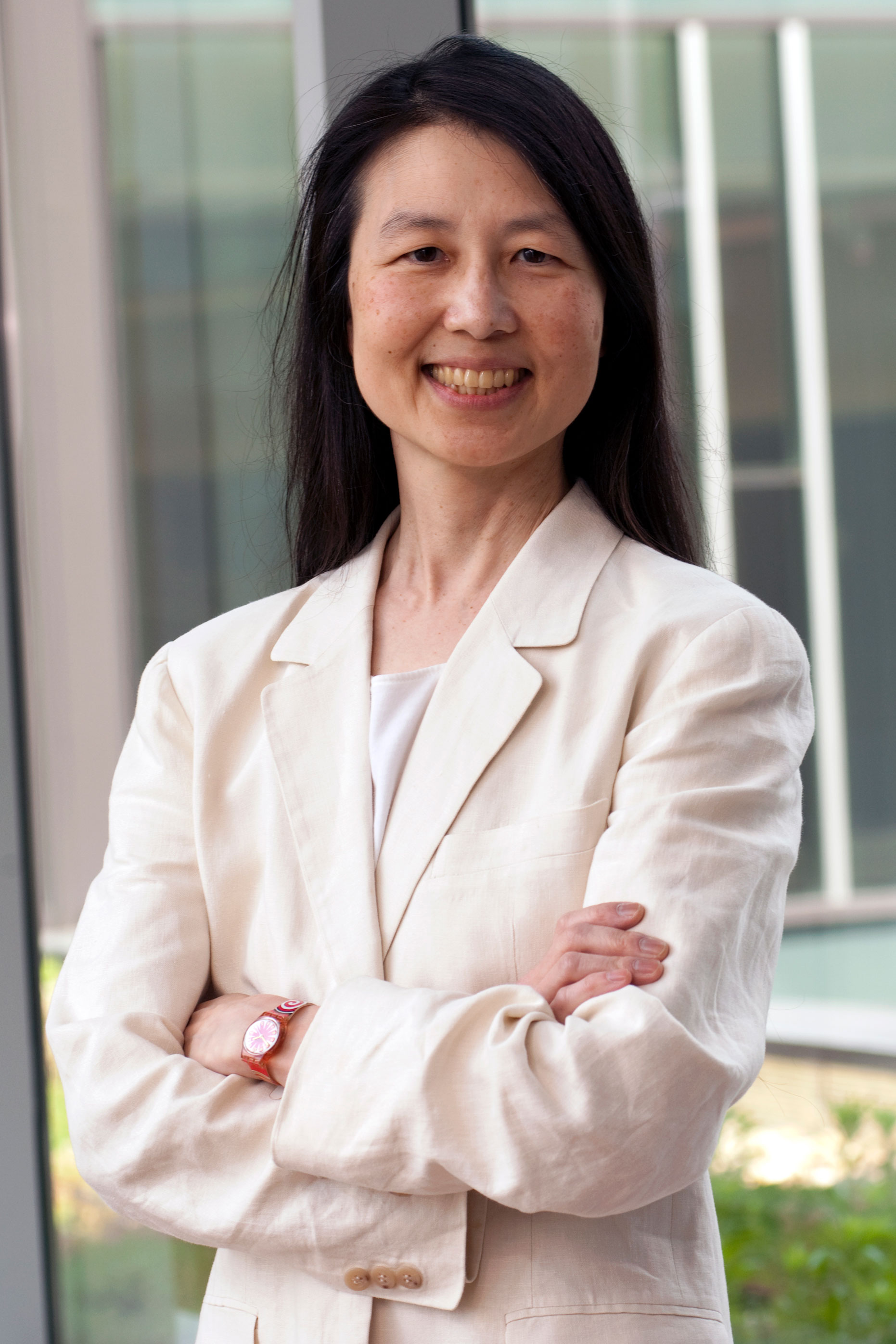
Thursday May 27 18:00 CEST
Data for Good: Ensuring the Responsible Use of Data to Benefit Society Every field has data. We use data to discover new knowledge, to interpret the world, to make decisions, and even to predict the future. The recent convergence of big data, cloud computing, and novel machine learning algorithms and statistical methods is causing an explosive interest in data science and its applicability to all fields. This convergence has already enabled the automation of some tasks that better human performance. The novel capabilities we derive from data science will drive our cars, treat disease, and keep us safe. At the same time, such capabilities risk leading to biased, inappropriate, or unintended action. The design of data science solutions requires both excellence in the fundamentals of the field and expertise to develop applications which meet human challenges without creating even greater risk.The Data Science Institute at Columbia University promotes “Data for Good”: using data to address societal challenges and bringing humanistic perspectives as—not after—new science and technology is invented. Started in 2012, the Institute is now a university-level institute representing over 350 affiliated faculty from 18 different schools and institutes across campus. Data science literally touches every corner of the university.
In this talk, she will present the mission of the Institute and highlights of our educational and research activities—all with the aim of ensuring the responsible use of data to benefit society.
Jeannette M. Wing is Avanessians Director of the Data Science Institute and Professor of Computer Science at Columbia University. From 2013 to 2017, she was a Corporate Vice President of Microsoft Research. She is Adjunct Professor of Computer Science at Carnegie Mellon Univesrity where she twice served as the Head of the Computer Science Department and had been on the faculty since 1985. From 2007-2010 she was the Assistant Director of the Computer and Information Science and Engineering Directorate at the National Science Foundation. She received her S.B., S.M., and Ph.D. degrees in Computer Science, all from the Massachusetts Institute of Technology.
Professor Wing's general research interests are in the areas of trustworthy computing, specification and verification, concurrent and distributed systems, programming languages, and software engineering. Her current interests are in the foundations of security and privacy, with a new focus on trustworthy AI. She was or is on the editorial board of twelve journals, including the Journal of the ACM and Communications of the ACM.
Professor Wing is known for her work on linearizability, behavioral subtyping, attack graphs, and privacy-compliance checkers. Her 2006 seminal essay, titled "Computational Thinking" is credited with helping to establish the centrality of computer science to problem-solving in fields where previously it had not been embraced.
She is currently a member of: American Academy for Arts and Sciences Council; the Board of Trustees for the Institute of Pure and Applied Mathematics; the Advisory Board for the Association for Women in Mathematics; and the Alibaba DAMO Technical Advisory Board. She has been chair and/or a member of many other academic, government, and
industry advisory boards. She received the CRA Distinguished Service Award in 2011 and the ACM Distinguished Service Award in 2014. She is a Fellow of the American Academy of Arts and Sciences, American Association for the Advancement of Science, the Association for Computing Machinery (ACM), and the Institute of Electrical and Electronic Engineers (IEEE).
JSEET Keynote
David Garlan
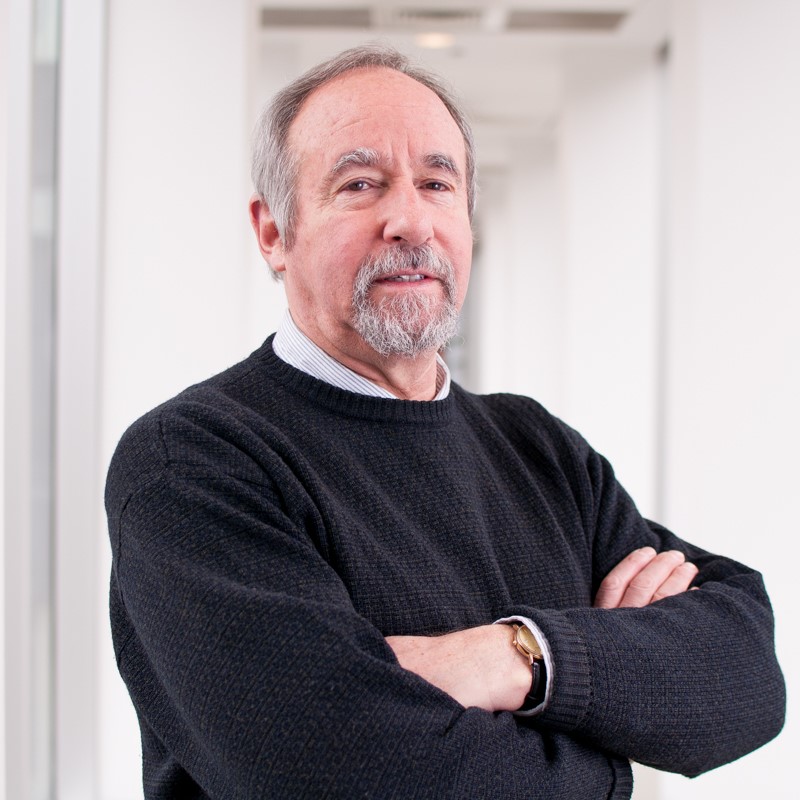
Thursday May 27 16:05 CEST
Reflections on the Role of Software Architecture in Software Engineering Education. Ever since software architecture emerged as a recognized subfield of software engineering in the 1990s, software engineering educational programs have attempted to integrate it into their curricula. In this talk I reflect on my own experience over the past three decades in attempting to find effective ways to teach “architecture thinking” – specifically considering questions such as: What is worth teaching? Who needs to understand software architecture? How can architectural principles and techniques be best conveyed? How have the educational drivers for software architecture changed over time?
David Garlan a Professor of Computer Science and Associate Dean for Master’s Programs in the School of Computer Science at Carnegie Mellon University. His research interests include software architecture, self-adaptive and autonomous systems, formal methods, and cyber-physical systems. He is considered one of the founders of the field of software architecture, and, in particular, formal representation and analysis of architectural designs. He has received a Stevens Award Citation for “fundamental contributions to the development and understanding of software architecture as a discipline in software engineering,” an Outstanding Research award from ACM SIGSOFT for “significant and lasting software engineering research contributions through the development and promotion of software architecture,” an Allen Newell Award for Research Excellence, an IEEE TCSE Distinguished Education Award, and a Nancy Mead Award for Excellence in Software Engineering Education. He is a Fellow of the IEEE and ACM.
Tue 25 MayDisplayed time zone: Amsterdam, Berlin, Bern, Rome, Stockholm, Vienna change
14:00 - 15:15 | ICSE KeynotesKeynotes at Plenary Room +12h Chair(s): Arie van Deursen Delft University of Technology, Netherlands | ||
14:00 30mKeynote | Dario Gil's Keynote: What’s Next in Software Keynote Keynotes Dario Gil IBM Research, USA Media Attached | ||
14:30 15mLive Q&A | Questions and Answers (included in the keynote video) Keynotes | ||
14:45 30mSocial Event | Meet Dario Gil Keynotes | ||
18:00 - 19:30 | |||
18:00 30mKeynote | Prem Devanbu's Keynote and Outstanding Award Lecture: "Naturalness and Bimodality of Code: A Research Overview" KeynoteACM SIGSOFT Outstanding Research AwardAwards Keynotes Prem Devanbu Department of Computer Science, University of California, Davis Media Attached | ||
18:30 30mSocial Event | Meet Prem Devanbu Keynotes | ||
19:00 30mLive Q&A | Questions and Answers (included in the keynote video) Keynotes | ||
Wed 26 MayDisplayed time zone: Amsterdam, Berlin, Bern, Rome, Stockholm, Vienna change
02:00 - 03:15 | ICSE KeynotesKeynotes at Plenary Room The Meet Dario Gil activity will not happen during the mirroring. | ||
02:00 30mKeynote | Dario Gil's Keynote: What’s Next in Software Keynote Keynotes Dario Gil IBM Research, USA Media Attached | ||
02:30 15mLive Q&A | Questions and Answers (included in the keynote video) Keynotes | ||
02:45 30mSocial Event | Meet Dario Gil Keynotes | ||
06:00 - 07:30 | ICSE KeynotesKeynotes at Plenary Room Prem Devanbu will be present live in the Meet Prem Devanbu activity during the mirror. | ||
07:00 30mLive Q&A | Questions and Answers (included in the keynote video) Keynotes | ||
10:00 - 11:15 | |||
10:00 25mKeynote | Michael Lyu's Keynote: "Reliability-Driven AIOps for Cloud Resilience" Keynote Keynotes Michael Lyu The Chinese University of Hong Kong Media Attached | ||
10:25 25mSocial Event | Meet Michael Lyu Keynotes | ||
10:50 25mLive Q&A | Questions and Answers (included in the keynote video) Keynotes | ||
17:30 - 18:45 | |||
17:30 25mKeynote | Elaine Weyuker's Keynote: "The View From 40 Years in the Research Trenches - From Academia to Industry and Back Again" Keynote Keynotes Elaine Weyuker University of Central Florida Media Attached | ||
17:55 25mSocial Event | Meet Elaine Weyuker Keynotes | ||
18:20 25mLive Q&A | Questions and Answers (included in the keynote video) Keynotes | ||
22:00 - 23:15 | ICSE KeynotesKeynotes at Plenary Room The Meet Michael Lyu activity will not happen during the mirroring. | ||
22:50 25mLive Q&A | Questions and Answers (included in the keynote video) Keynotes | ||
Thu 27 MayDisplayed time zone: Amsterdam, Berlin, Bern, Rome, Stockholm, Vienna change
05:30 - 06:45 | ICSE KeynotesKeynotes at Plenary Room The Meet Elaine Weyuker activity will not happen during the mirroring. | ||
06:20 25mLive Q&A | Questions and Answers (included in the keynote video) Keynotes | ||
18:00 - 19:15 | |||
18:00 25mKeynote | Jeannette Wing's Keynote: "Data for Good: Ensuring the Responsible Use of Data to Benefit Society" Keynote Keynotes Jeannette Wing Columbia University Media Attached | ||
18:25 25mSocial Event | Meet Jeannette Wing Keynotes | ||
18:50 25mLive Q&A | Questions and Answers (included in the keynote video) Keynotes | ||
Fri 28 MayDisplayed time zone: Amsterdam, Berlin, Bern, Rome, Stockholm, Vienna change
06:00 - 07:15 | ICSE KeynotesKeynotes at Plenary Room The Meet Jeannette Wing activity will not happen during the mirroring. | ||
06:50 25mLive Q&A | Questions and Answers (included in the keynote video) Keynotes | ||